6 best foods to break your fast with
To make things easier for yourself, go for the nutritious and easy-to-digest items this Ramazan

Whether you’re a Muslim honouring Ramazan or simply hoping to reap the healing benefits of fasting, it’s good to ensure that you’re breaking your fast in a safe way. It’s easy to give in and do it with foods you’ve been craving the whole day but this could put too much stress on your gut and cause excess inflammation.
To make things easier for yourself, go for the nutritious and easy-to-digest items before moving on to heavier foods. As compiled from Fair Price, here are some recommendations.
1. Fruits
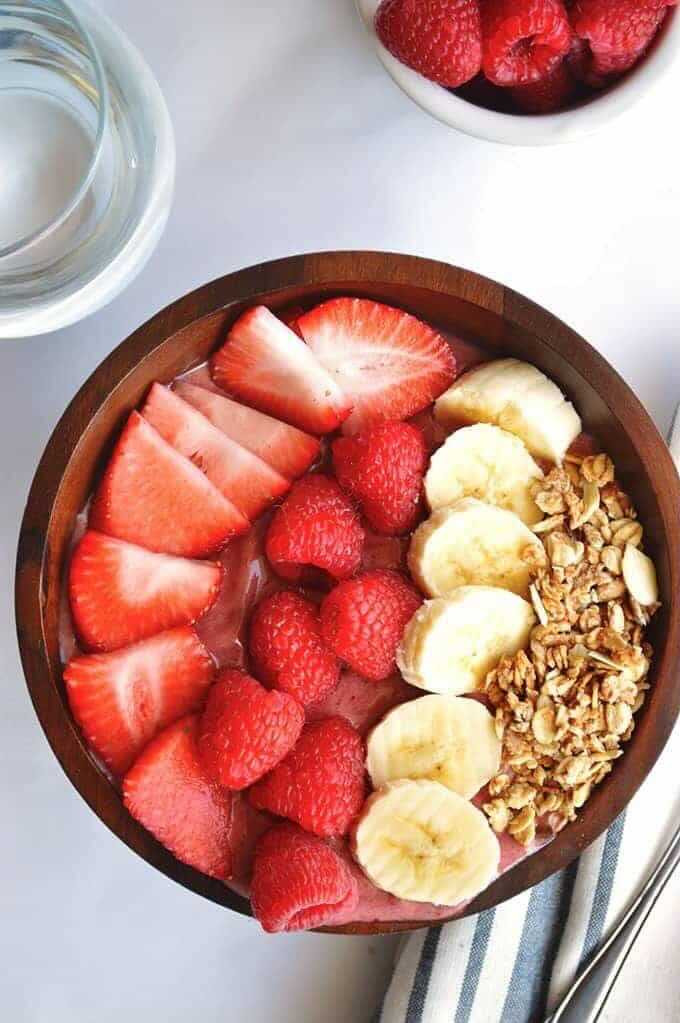
The first foods that you consume upon breaking a fast are critical to nourish the body and should not expend much energy to digest. Fruit juices and fruits contain water and are easily digested. Try watermelons, grapes and apples but minimise citrus fruits as they may be too acidic for your stomach.
2. Cruciferous vegetables
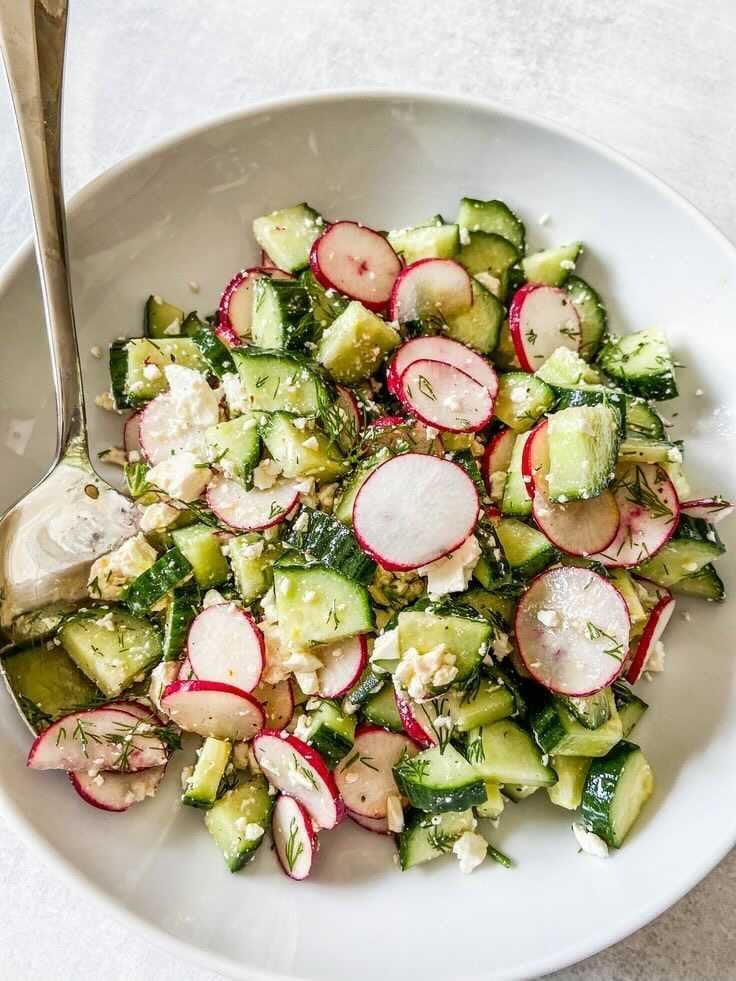
Vegetables, in general, are great sources of vitamins but cruciferous ones like broccoli, Brussel sprouts and cauliflowers are fibre-rich and will keep your body regulated. They will also prevent constipation. Fibre also has the ability to make you feel fuller, which is helpful when you can’t eat again for another 12 odd hours or want to lose weight.
3. Avocados
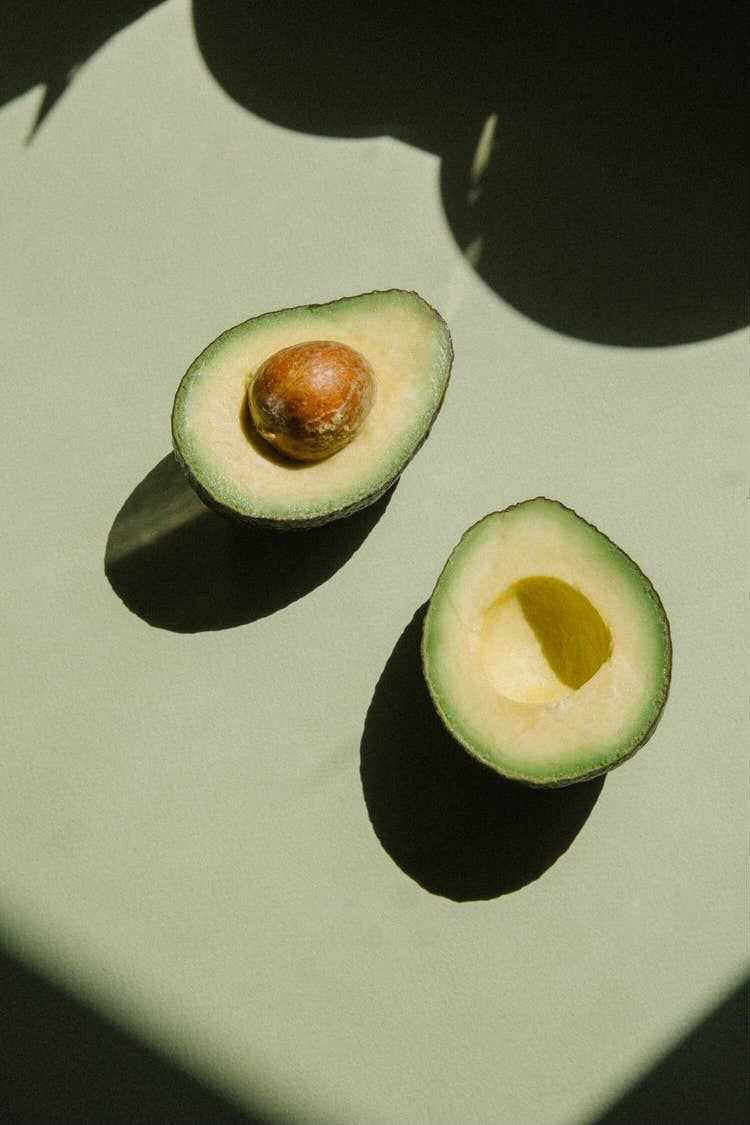
Kick-start your digestion again with very soft, easily digestible foods like avocados. A little coconut oil or olive oil drizzled over this miracle grocery item is delicious and healthy too!
4. Eggs

Protein is important for keeping full and reducing muscle loss while fasting. So if you’re looking for something with six grams of protein that is also quick and easy to cook, why not try some hard-boil some eggs?
5. Probiotics
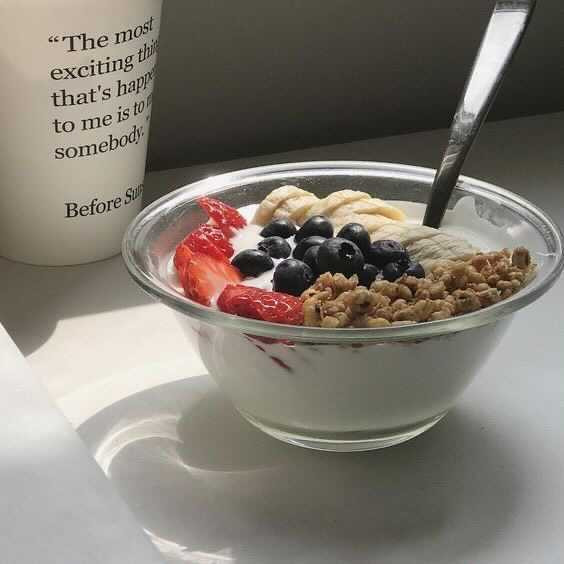
Your gut loves consistency and is bound to act up when you go hungry. Adding probiotic-rich foods like yogurt, kombucha or kraut to your diet helps counteract the occasional gut issues like constipation.
6. Fish
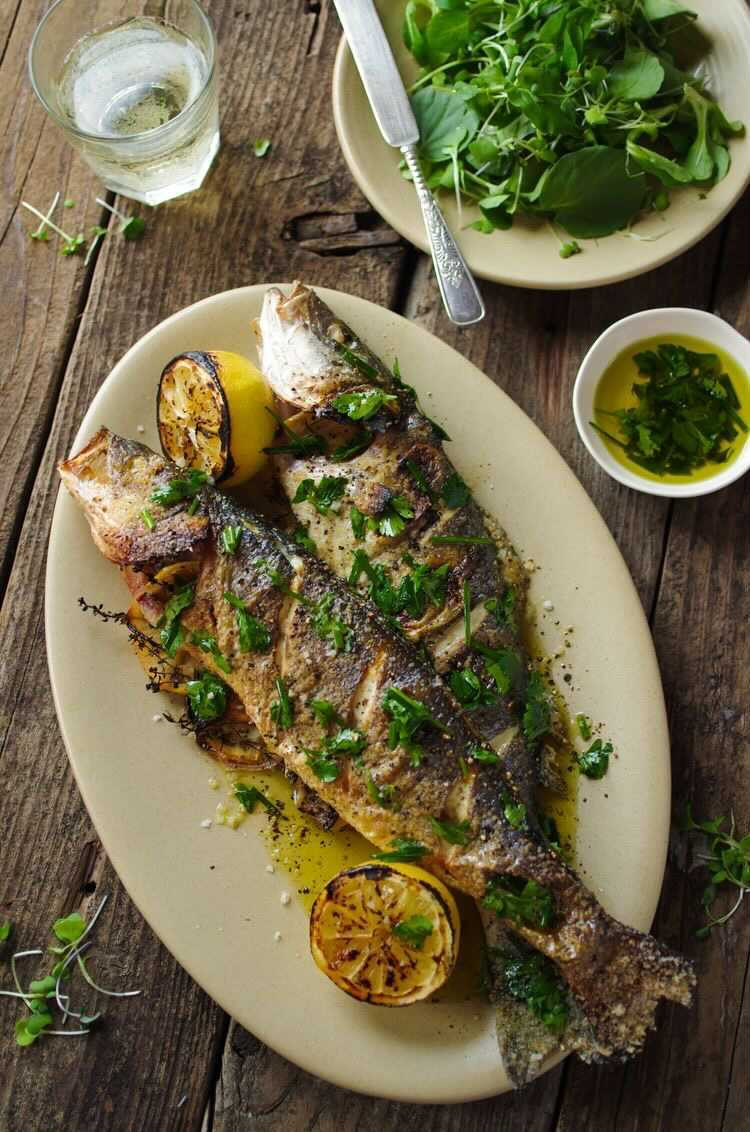
Not only is fish rich in healthy fats and protein, it also contains significant amounts of vitamin D. After a whole day of not eating, have fish as your digestible and nutrient-packed choice of meat.
How to break your fast safely
- Chew foods well. This will help immensely with proper digestion and is a good habit to foster.
- Your first meal after fasting should be relatively small. In total, it should be around 500 calories.
- It’s not recommended that you break your fast with red meat as it’s more difficult to digest than eggs or fish. Meat products should be eaten as your second meal.
- Avoid experimenting! Trying new foods at iftar can make digestion harder and cause illness.
Remember to go low and slow when breaking a fast, and your body will thank you. While it may take a little hardwork, breaking a fast properly is important.



















COMMENTS
Comments are moderated and generally will be posted if they are on-topic and not abusive.
For more information, please see our Comments FAQ